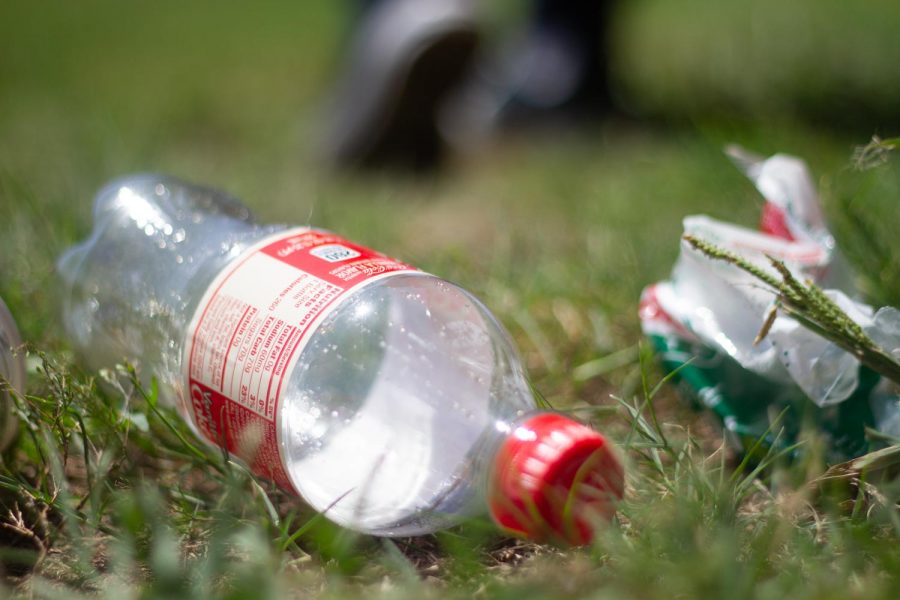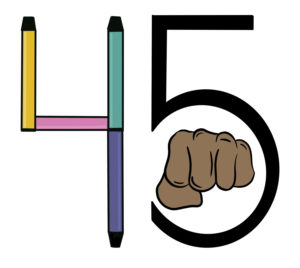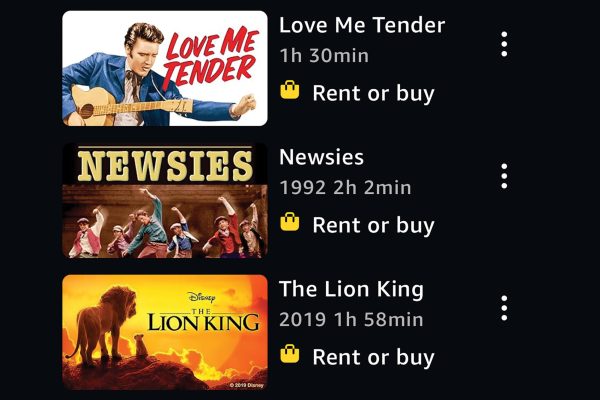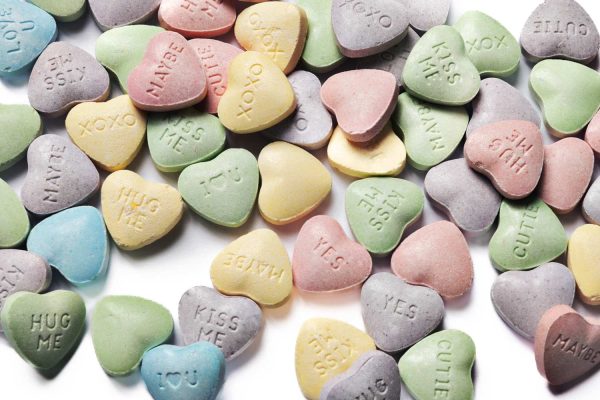An environmental catasrophe
Littering in state parks contain harmful consequences
Littering in state parks is an ongoing environmental issue. Over 38 billion water bottles end up in U.S. landfills annually.
August 24, 2018
The old man’s fluorescent vest reflects the sun vividly as he picks up garbage from the side of the highway. He wipes the sweat from his brow with a dirty hand, then it’s back to work.
High-occupancy tourist attractions, like state parks, are often home to beautiful scenery and a variety of wildlife. When properly taken care of and observed, they can provide some of the most beautiful, breathtaking views. This, however, is not always the case.
The side of the road is – to some people – a big fat trash can. And somebody has to eventually go out there and pick it up, which is quite costly. In the state of Texas, for instance, littering can cost you up to two thousand dollars for one offense. The Oklahoma Department of Transportation spends over $4 million per year to clean up the actions of litterbugs.
State parks have specific rules and regulations in order to keep the environment clean and visitors safe. For example, glass bottles are not permitted in most state parks. When glass bottles are dropped, misused or disregarded, they can break and cause potential injuries.
In 2012, around 5,000 pounds of litter was collected in five days.
— Cameron Murry
Even national parks like Yosemite National Park have to deal with the burden of cleaning up litter from tourists. In 2012, around 5,000 pounds of litter was collected in five days. Cigarette butts, blown out tires and even biodegradable food, like fruit peels, are examples of litter.
Luckily, there are environmentalists who care about state parks and their natural beauty. The Yosemite Facelift crew aided the 2012 cleanup. Many state parks have conservationist groups such as Yosemite Facelift and Friends of Beavers Bend at Beavers Bend State Park, that help to keep state parks clean.
Visitors can help keep state parks clean by bringing reusable cups and dishes with them when they visit. Reusable items help keep waste down and leave less room for error when packing up a campsite or finishing a hike. Reusable aluminum bottles, according to the National Parks Conservation Association, are preferred over glass bottles due to the lengthy process it takes to recycle glass.
The Texas Parks and Wildlife Department offers volunteer opportunities through their website to help keep our parks clean.




















